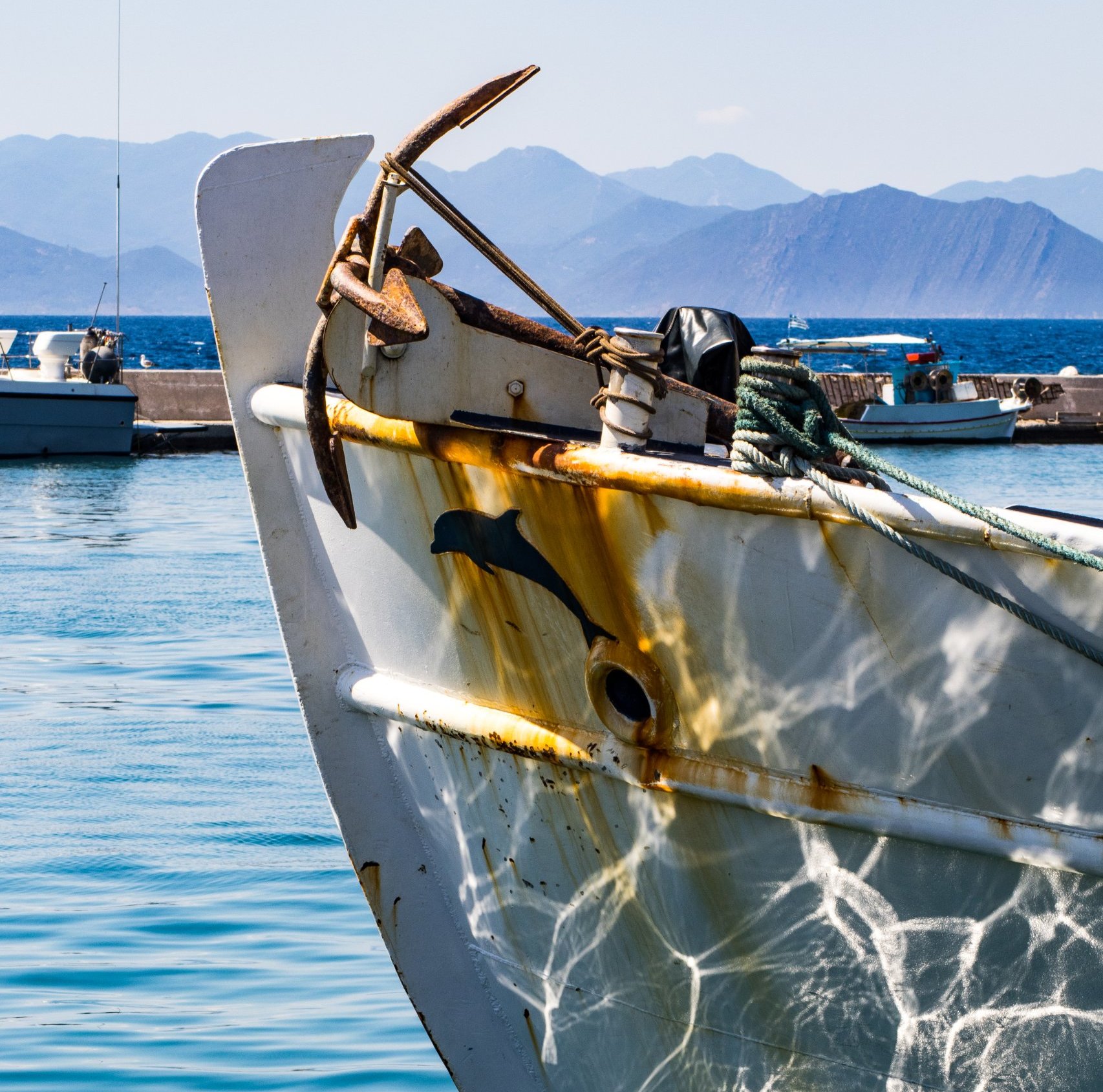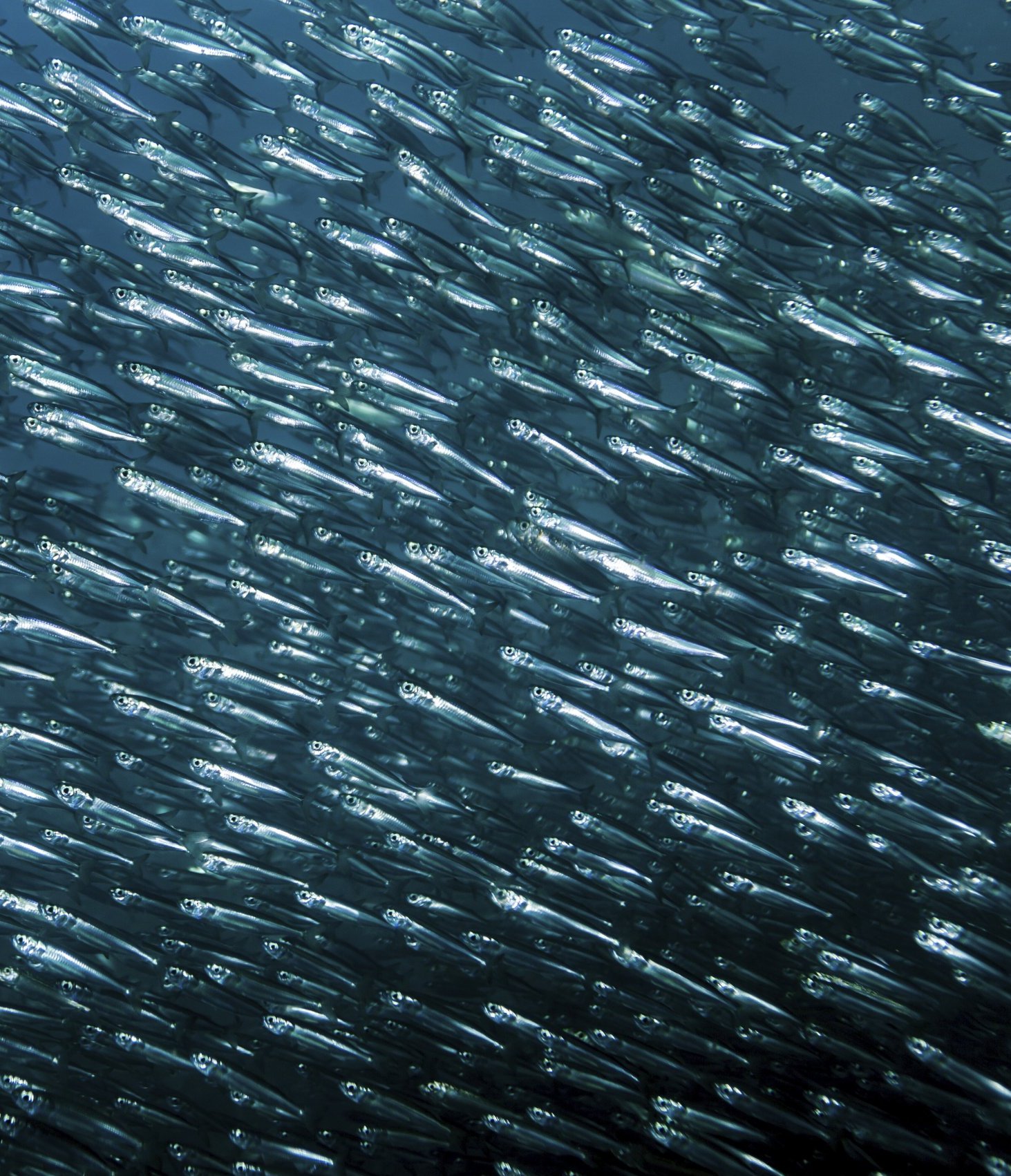Beyond their target species, fisheries have complex ecological impacts. Though unintended, these may include the accidental capture, or bycatch, of sensitive species, disturbance to marine habitats and litter from lost fishing gear. Effective decision making for management seeking to minimise these impacts requires integrated information on the wider ecosystem effects of fisheries – including whether impacts are currently considered sustainable, and how these might change according to different management approaches and future environmental conditions.
In support of this and building on previous work by SEAwise conducted as part of our Ecological Effects of Fisheries theme, this report synthesises work by SEAwise researchers on the ecological impacts of fishing at regional and fleet level, assessing these impacts under a range of management strategies and climate scenarios.
Integrating the impacts of small- and large-scale fisheries using passive and active gears, SEAwise researchers evaluated likely impacts on catches, bycatch of sensitive species, seafloor habitats, foodwebs and with respect to fisheries-related litter in five cases: the Adriatic and Western Ionian, the Eastern Ionian, Bay of Biscay, Celtic Sea, and the North Sea.
These impacts were evaluated under a range of different management scenarios entailing varying effort levels, closed areas, and a reallocation of effort from active (e.g. trawls) to passive (e.g. gillnets) gears. The research team also explored whether scenarios where a high proportion of the stocks landed were in good status did better on other ecological indicators.
The management scenarios tested were:
Scenarios were tested under both current conditions and future climatic projections to examine how severe and moderate warming scenarios, and changing productivity might alter outcomes.

Based on our assessment, none of the areas assessed by SEAwise had good status of all fished stocks or of all other ecological indicators, and no combination of vessel size and gear attained future good status for all ecological aspects. Our assessment did not find systematic differences between small- and large-scale fisheries in terms of impact, however there were differences between active and passive gears. For instance, the latter has limited habitat impacts but poses a greater risk in terms of seabird and marine mammal bycatch and fisheries litter, while the former has a greater habitat impact and poses a higher bycatch risk to fish.
At a regional level, in the North Sea and Celtic Seas we found that management scenarios where more stocks landed were in good status coincided with a higher proportion of other ecological indicators in good status. In contrast, in the Bay of Biscay, the Adriatic and the Western Ionian Sea this relationship was not observed.
Across regions, scenarios entailing a reduction in fishing effort (e.g. FMSY-min or PGY) generally had a positive effect on ecological indicators. Scenarios entailing area closures also saw an improvement in ecological indicators, though this was generally limited to the indicators at which closures were aimed. Other indicators, however, worsened on account of fisheries displacement effects.
In general, we found management to be more of a determining factor on ecological status relative to climate, however in line with previous research we predict that future warming and implementation of a strict approach to MSY management could lead to lower yields across all regions due to the effects of climate induced declines in productivity and choke species for some fleets – however, further research is needed here.

The findings outlined in this report will be integrated into SEAwise’s EBFM Tool and Toolbox, and further distilled into key policy recommendations and future research. For example, the work underpinning this report indicates that further research is required to establish thresholds for bycatch benthic impact, food-web and litter indicators, as well as exploring further long-term climate effects on marine ecosystems and fisheries.
Read the full report here.
Stay up to date with SEAwise news and research, hear about upcoming events, and receive updates on fisheries news from across the European seascape.